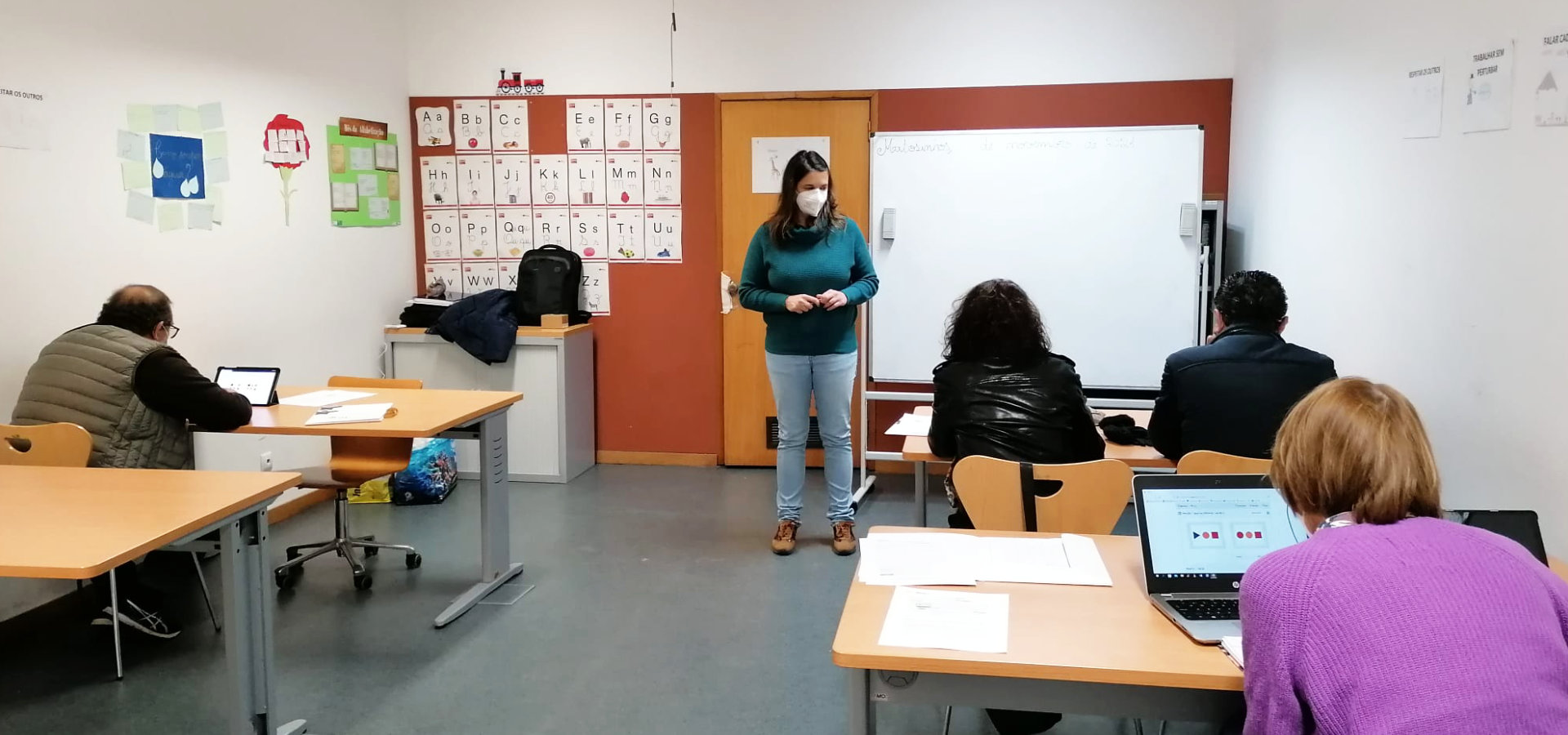Researchers from the Instituto de Saúde Pública da Universidade do Porto (ISPUP) will develop a project in the prison establishments of the Judiciary Police (PJ) of Porto and Custóias, in order to improve the physical and mental health of prisoners.
The project, called Physical activity interventions to improve the quality of life of Prisoners, developed by ISPUP researchers Firmino Machado, Mariana Santos and Romeu Mendes, aims to provide a free physical activity programme to inmates, which will be implemented over the course of two years.
The programme also intends to modify the inmates’ cardiovascular health indicators, such as weight and blood pressure, while reinforcing their exercise practice.
“These individuals, when admitted to prison, already have a set of unfavourable cardiovascular risk factors. These factors are aggravated in prison settings, not only because the inmates become more sedentary, but also because they initiate or worsen risk behaviours, namely the consumption of tobacco, alcohol and drugs”, says Firmino Machado, public health physician and ISPUP researcher in the Cancer Epidemiology laboratory, part of the associate Laboratory for Integrative and Translational Research in Population Health (ITR).
One of the proposed activities is street football, a sport promoted by FIFA that has a low cost and is usually performed in a community context, in places that are not conventional for the practice of football. The implemented sports activities also aim to reduce anxiety and depression among this population.
During the first year of the project, the implementation will be done through the practice of group physical activity supervised by a physical education teacher. Afterwards, during the second year, the researchers will assess the maintenance of training habits by the inmates.
“What we intend is that this practice has a long-term effect and that, understanding the benefits brought on by the practice of physical activity, the inmates incorporate it into their habits and daily life”, adds Firmino Machado.
The project is being developed in collaboration with the World Health Organization (WHO) and the Portuguese Football Federation (FPF) and will be implemented in the prison establishment of the Porto Judiciary Police (PJ), which has between 30 and 40 inmates, and in the Custóias prison establishment, which has about 1,000 inmates.



